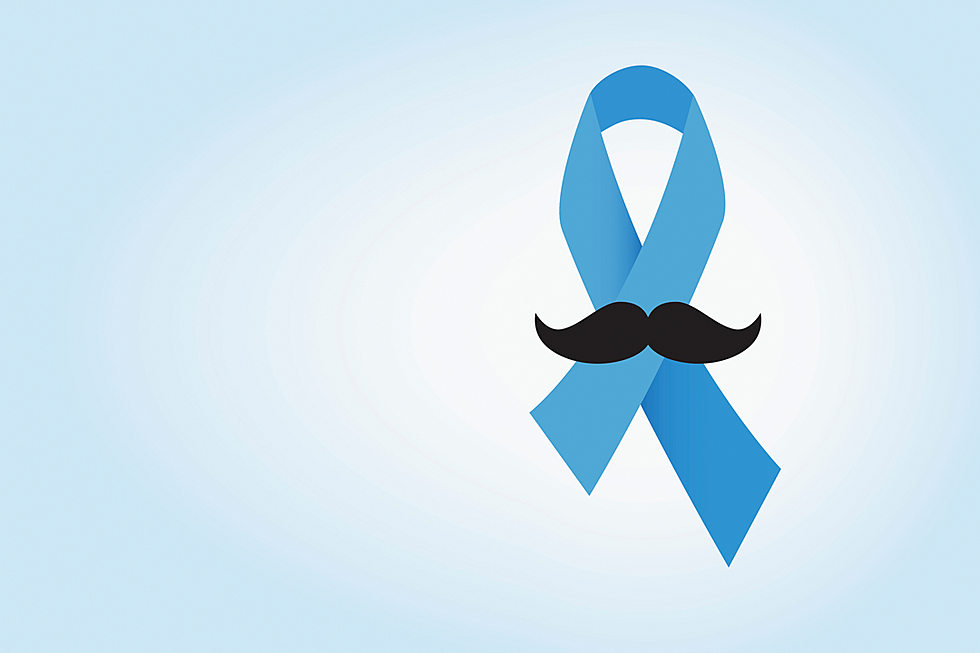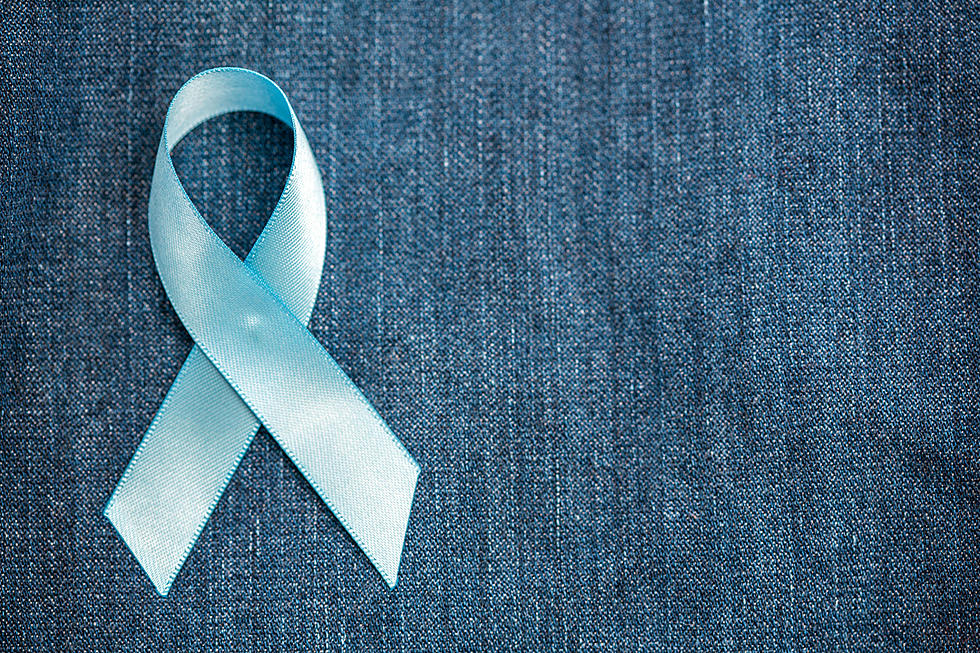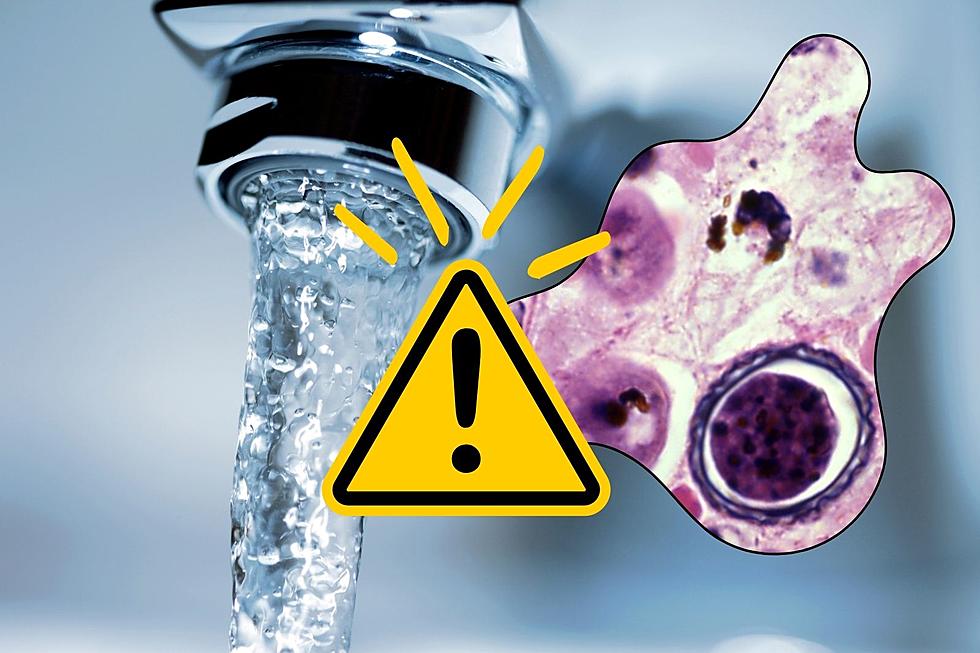
Busted: 5 Myths About Prostate and Testicular Cancers
Let's bust a few myths about both prostate cancer and testicular cancer. Not surprisingly, both cancers have been saddled with many of the same myths. These are based on outdated information or old wives’ tales passed on by the uninformed. Myths or no myths, here's what's most important: know your family history, listen to your body, get tested, and stay informed.
Myth: Prostate Cancer and Testicular Cancer Are Old Men’s Diseases
Truth: It seems like this myth is perpetuated by men who just don’t want to get tested. The reality is that while 65 percent of prostate cancer diagnoses happen in men over the age of 65, that still leaves 35 percent to those who are younger. In the U.S., 76,000 men a year diagnosed in their 40s and 50s. And more men under the age of 40 are diagnosed with testicular cancer than over. It’s the most common type of cancer in men ages 15 to 40.
Myth: Vasectomies Cause These Cancers
Truth: This was something that used to concern medical professionals, but research has shown no link or an extremely weak association between vasectomies and prostate or testicular cancer. What vasectomies have been linked to are increased awareness of a male patient’s physical condition and more frequent preventative screening and health checkups.
Myth: Knowing the Symptoms Is Not Important
Truth: While it is true that prostate cancer can be asymptomatic, both prostate cancer and testicular cancer do have symptoms. Misunderstanding these symptoms can cause them to be attributed to other things, leaving the cancer undiagnosed. Symptoms of prostate cancer include frequent urination, painful urination, painful ejaculation, blood in the urine or semen, lower back pain or pain in the hips or upper thighs.
Symptoms of testicular cancer can be more obvious if you pay attention. They include pain in the groin area, back pain and even enlarged breasts. If you have unexplained pain, see your doctor. And then get a second opinion.
Myth: If You Get Prostate or Testicular Cancer Your Sex Life Is Over
Truth: Treatments for both of these cancers are not at all an end to your sex life. Even if a man has a testicle removed to eradicate testicular cancer, he will still have a normal sex drive and fertility levels. If both testicles are removed, then testosterone-replacement therapy can return him to normal levels.
Treatments for prostate cancer can have physical effects on a patient, but these effects are largely dependent on the condition of the patient before the treatments. Age can be a factor. Even so, there are surgeries and treatments that can help a man return to normal function after cancer.
Myth: Prostate and Testicular Cancers Will Kill You
Truth: Both prostate and testicular cancer are highly treatable. In fact, testicular cancer has a 95 percent survival rate. Prostate cancer has a 100 percent five-year survival rate. The key to getting past both of these cancers is detecting them in the first place.
Prostate cancer doesn’t move through the body quickly and can be treated slowly, but you’ll never know how aggressive the cancer is if it isn't diagnosed. Testicular cancer is easily treated, but if you ignore your body’s signals, it could go undiagnosed and turn into something deadly.
More From KLAW-FM








